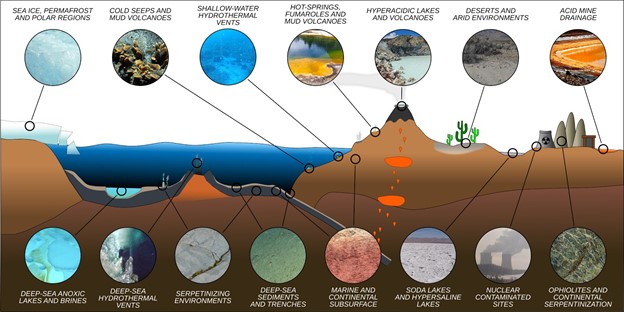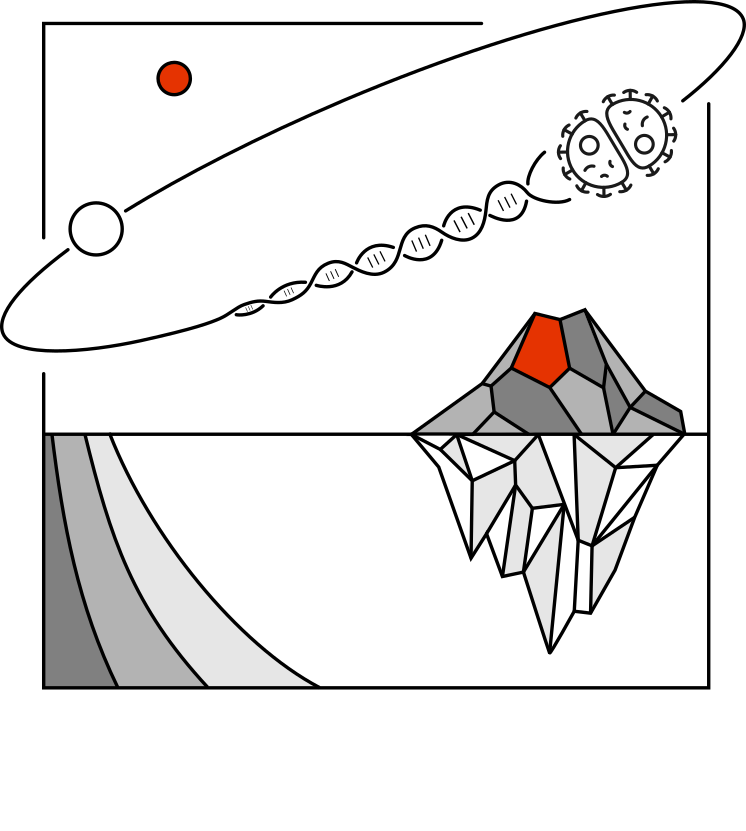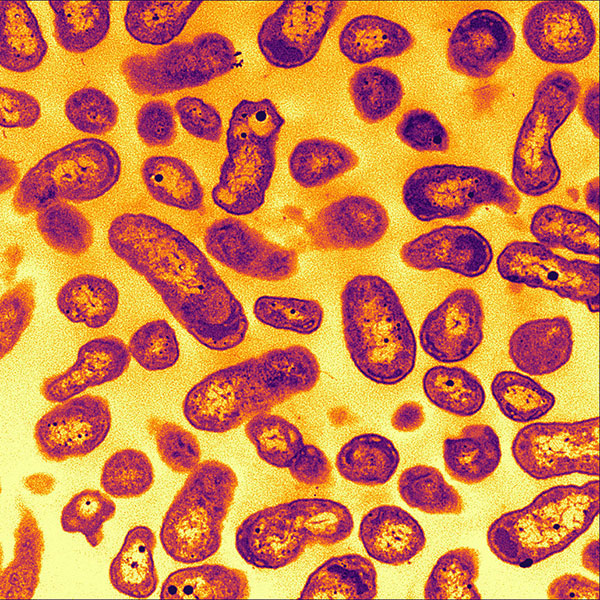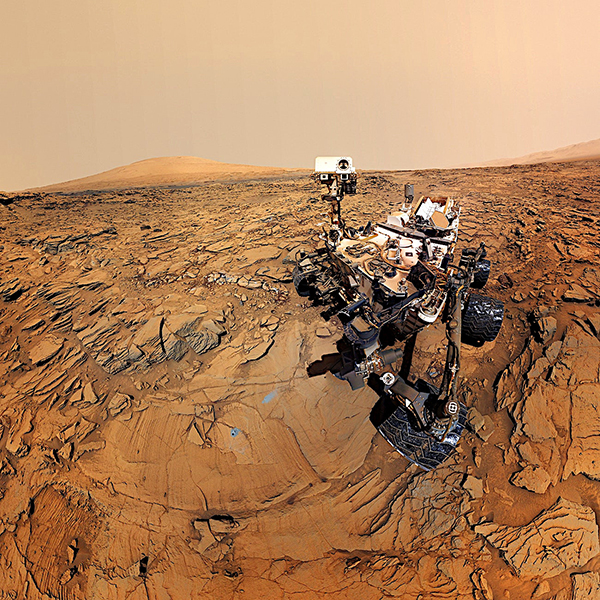"Somewhere, something incredibile is waiting to be know" - Carl Sagan
“Science is a way of thinking much more than it is a body of knowledge.” - Carl Sagan
“We're made of star stuff. We are a way for the cosmos to know itself.” - Carl Sagan
“[My study of the universe] leaves little doubt that life has occurred on other planets. I doubt if the human race is the most intelligent form of life.” - Harold Urey
“Very high altitude astronomy only works by ignoring established biological science” - Steven Magee
“I have worked with some of the greatest minds in astrophysics and it is now clear that they were the dunces of astrobiology.” - Steven Magee
“Man must rise above the Earth—to the top of the atmosphere and beyond—for only thus will he fully understand the world in which he lives.” - Socrates
“Equipped with his five senses, man explores the universe around him and calls the adventure Science.” - Edwin Hubble
“To confine our attention to terrestrial matters would be to limit the human spirit.” - Stephen Hawking
“It is we who live in the extreme environment.” - Thomas Gold
“Extinction is the rule. Survival is the exception.” - Carl Sagan
“There should be no boundaries to human endeavor.” - Stephen Hawking
“The origin of life is one of the great outstanding mysteries of science.” - Paul Davies
“We choose to go to the moon in this decade and do the other things, not because they are easy, but because they are hard, because that goal will serve to organize and measure the best of our energies and skills, because that challenge is one that we are willing to accept, one we are unwilling to postpone, and one which we intend to win.” - John F. Kennedy
“Space is for everybody. It’s not just for a few people in science or math, or for a select group of astronauts. That’s our new frontier out there, and it’s everybody’s business to know about space.” - Christa McAuliffe
“Never limit yourself because of others’ limited imagination; never limit others because of your own limited imagination.” - Mae Jemison
“I know the sky is not the limit because there are footprints on the Moon - and I made some of them!” - Buzz Aldrin
“We are limited only by our imagination and our will to act.” - Ron Garan
